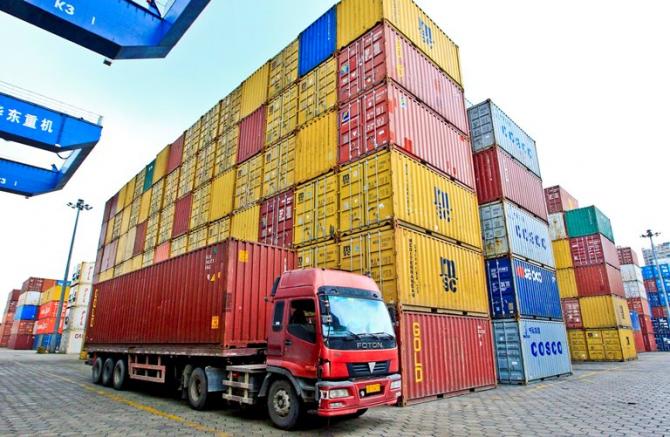
However, given the impact of supply chain performance on the country’s competitiveness, Indonesia’s policymakers and businesses need to look at supply chain costs and inefficiencies holistically, focusing on areas of improvement with the highest return on investment for the economy, setting goals that are ambitious enough to “pass the tipping point,” and making a difference in business behavior and putting in place the metrics that allow progress tracking.
From a national policy standpoint, Indonesia should create a domestic agenda to improve supply chain performance, which could involve (see Figure 3):
• Creating a national mechanism to set policy priorities for improving supply chain efficiency, based on objective performance data and feedback loops between government and firms.
• Creating a focal point within government with a mandate to coordinate and oversee all regulations that directly affect supply chain efficiency.
• Ensuring that the interests of small and medium-enterprises are represented in the policy prioritization process, and that solutions are designed to address specific constraints which disproportionately impact them.







 resized.png)
